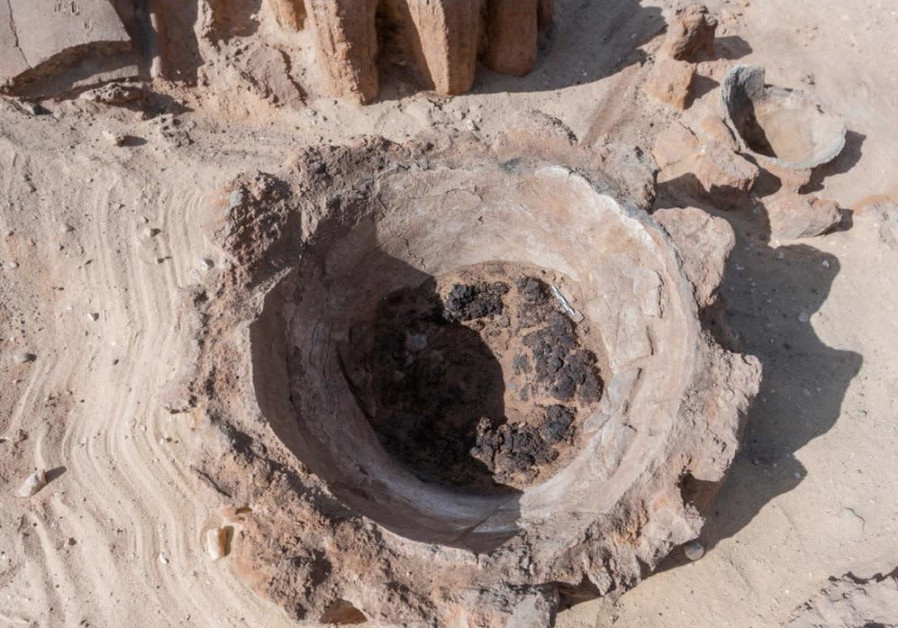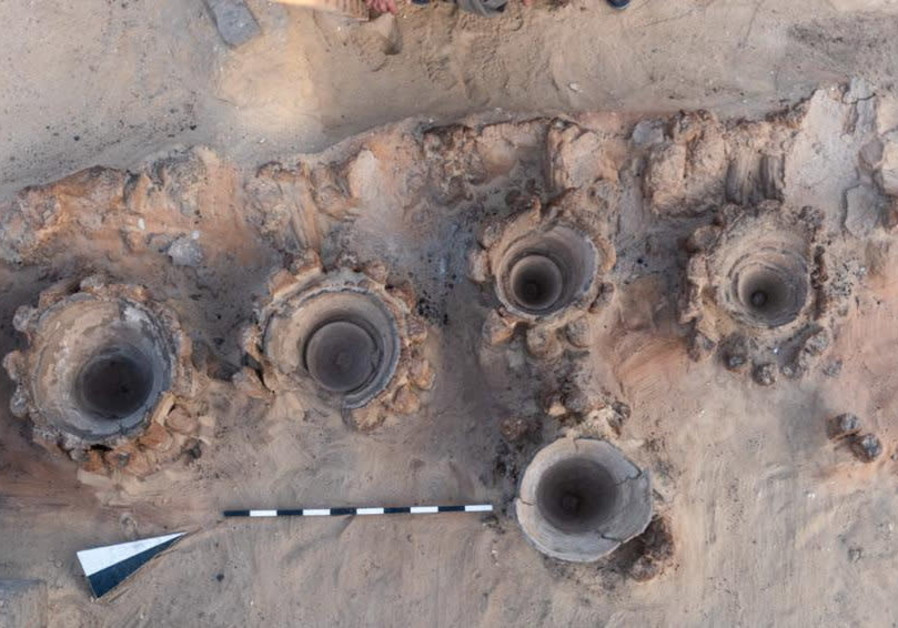Archaeologists have discovered a 5,000-year-old brewery that could produce thousands of liters of beer in the ancient Egyptian city of Abydos, Egypt's tourism and antiquities ministry said.

Dr. Matthew Adams, one of the leaders of the Egyptian-American mission that made the discovery, said they believe the beer was used in royal burial rituals for Egypt's earliest kings.

Officials are keen to show off newly discovered artifacts as they try to revive visitor numbers after Egypt's tourism industry received a painful blow during the coronavirus pandemic.
The number of tourists visiting the country dropped to 3.5 million last year from 13.1 million in 2019.
